On November 4, 2018, I ran my fourth New York City Marathon in the best shape of my life. The time on the clock did not reflect how I felt in my body, but that’s mostly because it was unseasonably warm on race day and I refused to drink water for fear of being stuck in long porta-potty lines. My husband also ran it, and meeting him back at the cheer station to cheer for the rest of our running group, Harlem Run, after our finish was such a special way to celebrate our accomplishment together.
Two weeks later, I was pregnant.
That wasn’t exactly the plan.
You see, I had gone to my gynecologist after running the marathon to have my IUD removed, and she told me that I could anticipate it taking four to six months to get pregnant. Four to six months seemed like the perfect amount of time for my husband and me to wrap our minds around this big decision. However, on our first try, I got pregnant. Because I was in such good shape, I could feel my body change within three days. I felt heavy and tired, and had intense cravings for salt. Everything I read told me that it was too soon to tell and that what I was experiencing wasn’t real, but by the time six weeks came along, I was full-on experiencing morning sickness, and the test was simply a confirmation of something I long knew.
I was excited to be pregnant despite the fact that it was a bit ahead of schedule. But the actual experience of being pregnant? Terrible. I was nauseous, exhausted, and unmotivated. I gained more weight than what was deemed appropriate and was not the active pregnant mom I saw everywhere on social media. In fact, every time I tried to exercise, I would bleed, and I found myself in the ER multiple times fearing I had a miscarriage before I just decided to call it quits and limit my movement until I gave birth. I couldn’t possibly imagine how I would ever run again.
Additionally, as the weeks went by, I saw myself retreating more and more from public life. I felt unattractive and aloof. My life was moving at a slower pace, and it no longer was congruent with the world around me. I was frustrated but started to think that maybe that’s what it meant to be a mother — maybe these were the sacrifices everyone talked about.
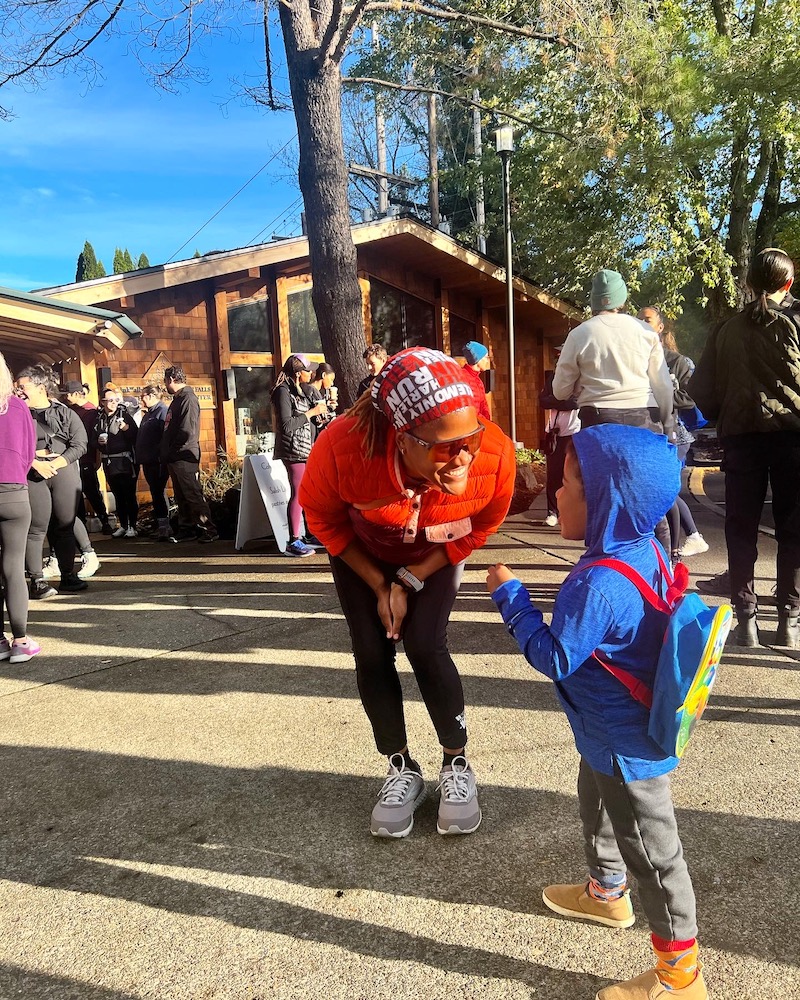
Alison Mariella Désir
I reflected on some of the amazing moments I’d had in my life of movement and activism that were now behind me. I had founded a running organization in Harlem that was regularly attended by hundreds of participants weekly; attending the group was no longer possible. For my 32nd birthday, I had run the perimeter of Manhattan (32 miles) with a group of friends to celebrate the occasion. I couldn’t even walk to the train station now. I had organized a 250-mile run from Harlem, N.Y., to Washington, D.C., running more than 80 miles of it myself, and had raised over $180,000 for Planned Parenthood. I would never be able to do something like that again. I would no longer be a public person; I would no longer have a platform. Being a mother meant no longer being the person that I had worked so hard to become.
At 36 weeks pregnant, I went to my regularly scheduled doctor’s appointment for a checkup. A nurse took my blood pressure and was alarmed — it was 180 over 110. She instructed me to take a seat and take some deep breaths; surely my blood pressure would go down once I was calmer. After taking my blood pressure three more times, it was determined that I was preeclamptic and would need to deliver that day by emergency C-section.
I rushed to the hospital, all the while thinking about the devastating maternal mortality rate for Black women in the United States. Many of the Black women who died during childbirth had birth stories that started just like mine — emergency C-section, preeclampsia, and then death. Would I become a statistic?
I emailed my husband a quick outline of my requests if I were to die during childbirth. There were no pleasantries, just the most important details surrounding what I wanted for our baby and finances. Thankfully, I made it out of surgery alive, but then faced the uphill battle of healing from a C-section and grappling with postpartum depression and anxiety (PPD/A).
The first several months with my son were exhausting and difficult in ways that I could not have imagined. I struggled with terrifying intrusive thoughts and feelings of being completely inadequate. It wasn’t until I stumbled upon a book while googling called Dropping the Baby and Other Scary Thoughts that I began to feel a sense that maybe what I was experiencing wasn’t so strange after all. It was in this moment that I felt my old self manifesting in a new way — my activist self was coming back to life.
I was mad — enraged — that I hadn’t been better prepared to understand the full possibilities that could come with the postpartum period. As I began to research the subject more deeply, I learned stories of women who suffered for years with PPD and PPA due to limited support systems and a medical system that kept telling them to simply give it time. I began to use my platform to normalize the experience of PPD and PPA, sharing my story as well as resources with other new moms and birthing people. I also began to be outspoken about Black maternal health and the failure of the medical system to protect Black women during pregnancy and childbirth.
Before I knew it, I was a public person again. Not only that, but being a mother gave me a deeper sense of purpose and reduced any fear I had around using my voice. Said simply, I had less fucks to give. And so, when Ahmaud Arbery was murdered in February 2020, I was the first to call the running industry to task for failing to even acknowledge it. I joined forces with other members of the running industry to co-found the Running Industry Diversity Coalition, the only organization of its kind within the industry that is dedicated to racial equity, providing talent pipelines, education, and resources as well as transparency and tracking of progress.
The movement part — well, that would take years (four, to be exact) to come back to me. But over time, I have been able to see a new beauty in the body that I have and have started to confront the internalized fatphobia that I’ve carried my whole life.
Motherhood has transformed me, in ways big and small, physically and emotionally. But what has not changed is my commitment to using my voice and my privileges for good. My activism will always be a reflection of my lived experience and what I learn and bear witness to. And what I know now is that everyone’s journey through parenthood is unique and on their own timeline. If you are waiting to feel like your old self, well, I have news for you — a new version of you is coming, and you can learn to accept (and hopefully love) it too.
Community Guidelines



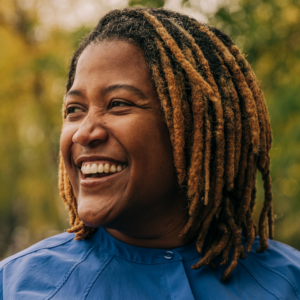











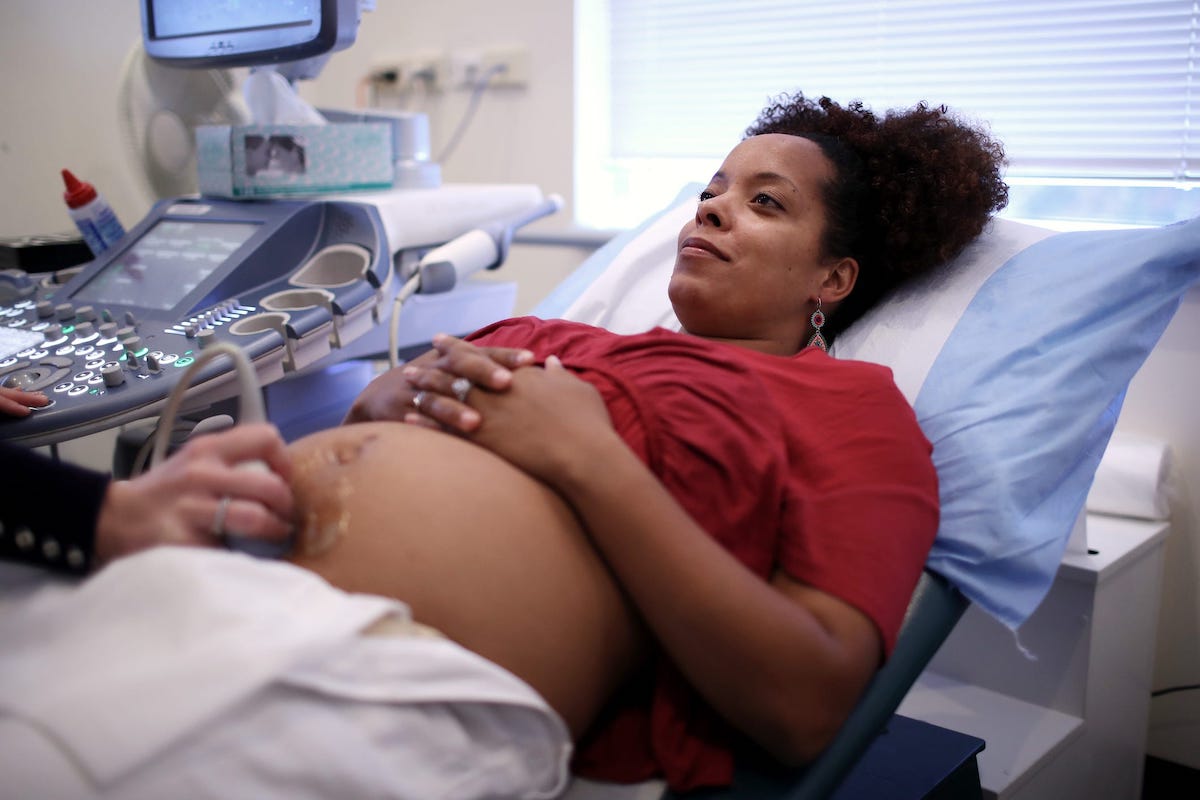
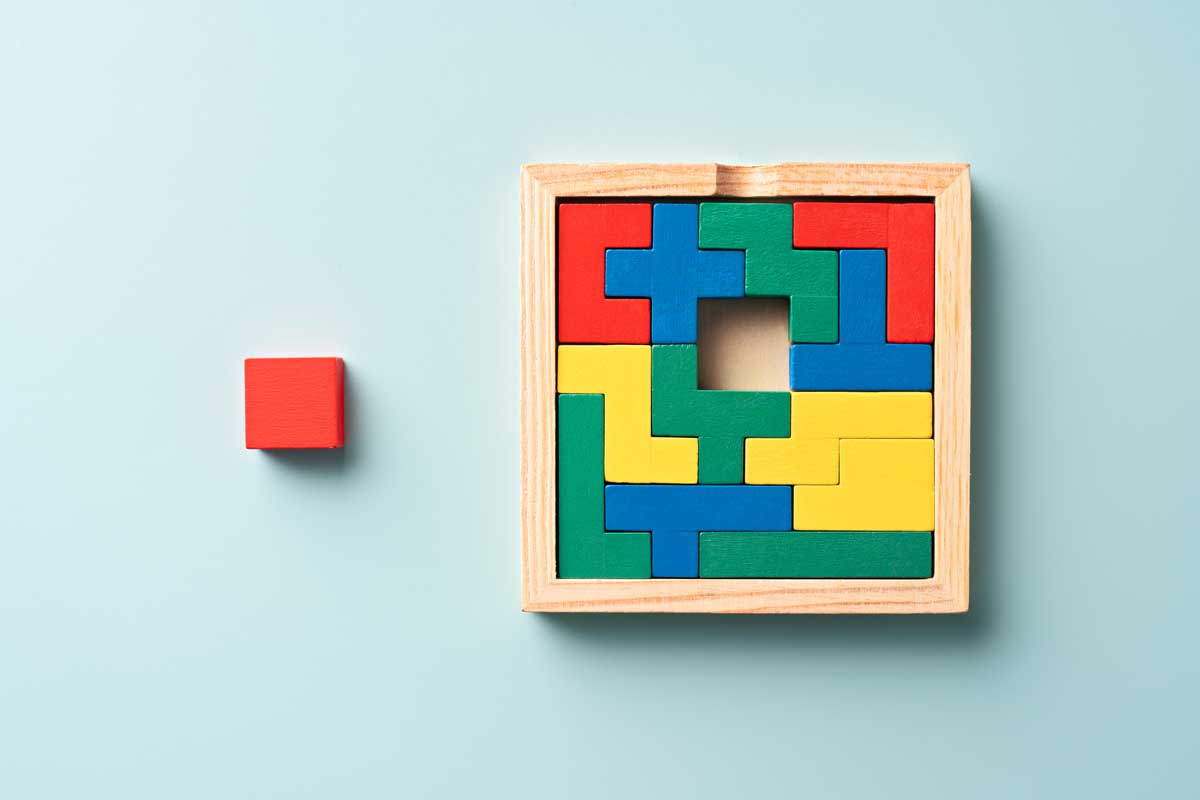
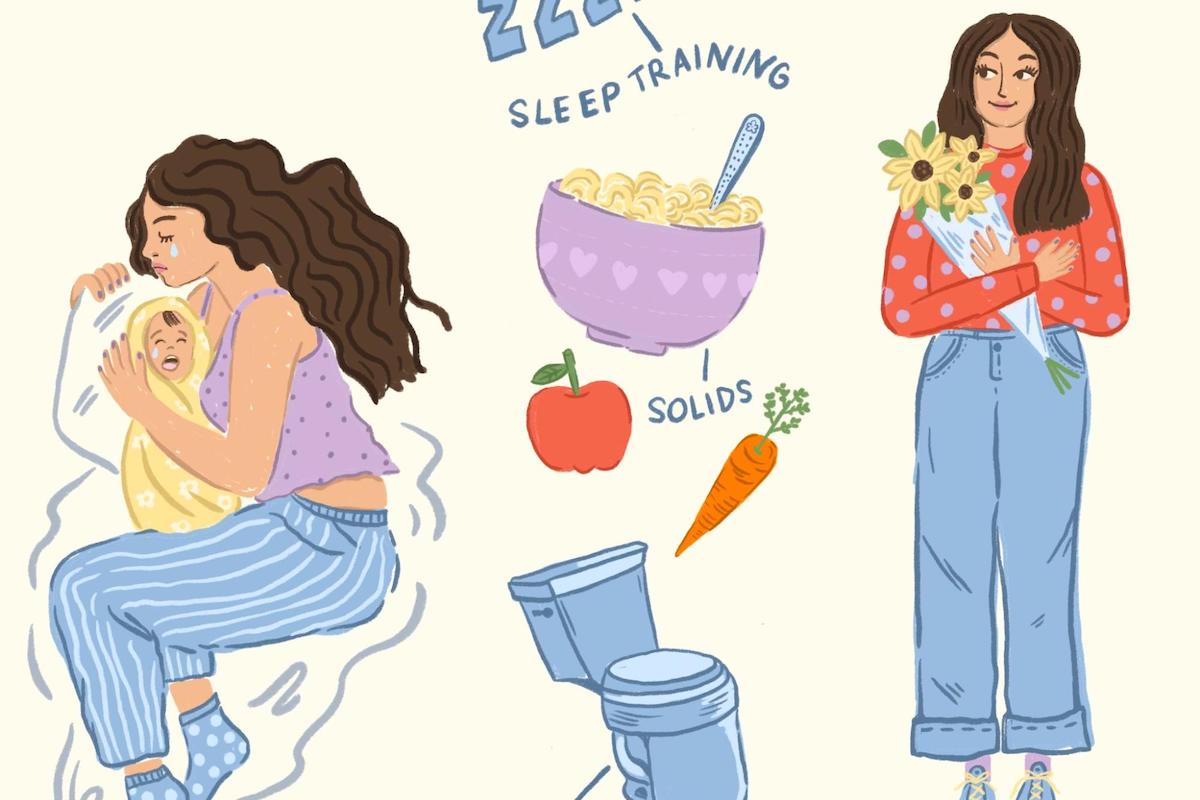

Log in